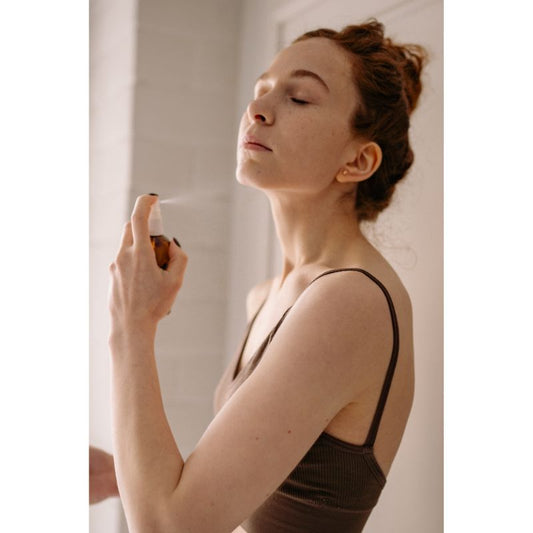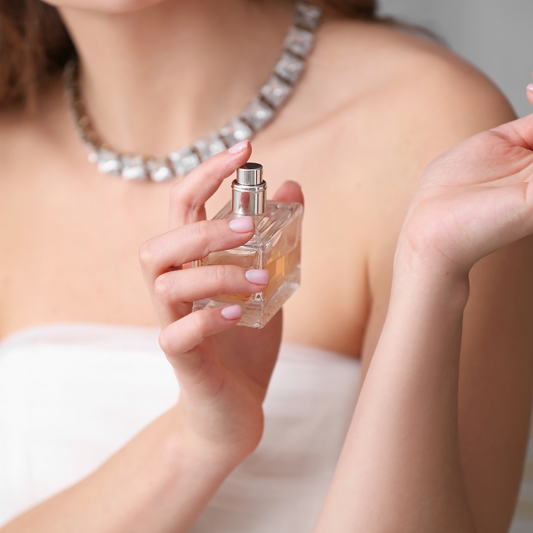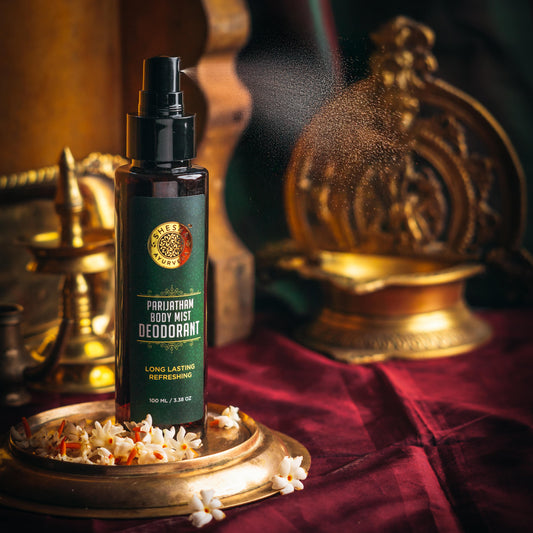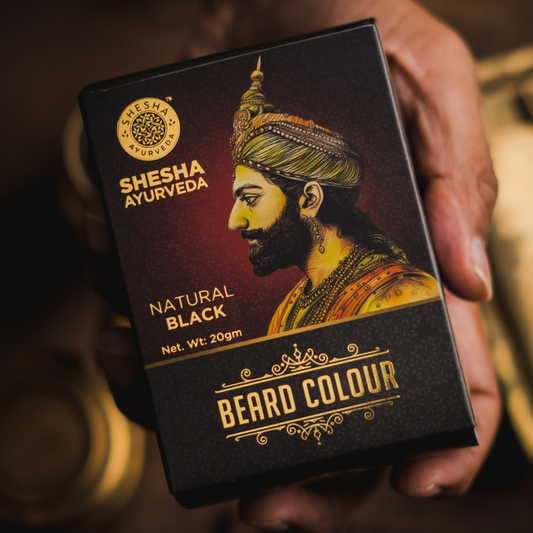Hair color is something that is in trend these days, but most people are reluctant to use harsh chemicals on their tresses. After deciding to dye your hair, the next question that pops is which is the safest hair dye to use? There are many hair dyes/colors available in the market some loaded with chemicals while some claim themselves, organic, and some natural. But how to select the safest one?
Read the ingredients
Just take a glance at the ingredients in the list. If you find anything like bleach, perborates, Ammonia, hydrogen peroxide, etc. it is better to avoid those brands, as they cause allergies and other impacts on the health.
Go Natural
There are many options available to go natural, you can also do a DIY hair dye with the things from the pantry.
Some options to safely dye your hair are
- Carrot juice
- Henna-the certified natural hair dye
- Sage
Sage can also be used to cover up greys or give a darker shade to the hair. You can boil dried sage, steep the water, cool it and apply it to the hair. Rinse off after the color develops.
Natural hair dye brands
If you do not want to go through all the steeping, extracting processes, you can always opt for a natural hair dye brand, preferably an Ayurvedic one like Shesha Ayurveda’s Nilini Ayurvedic Hair Color Kit, which is 100% natural, cruelty-free, and comes in eco-friendly packing.
After coloring the hair with natural dyes, the next question that pops up is how to make the hair color stay longer?
There are certain ways through which the natural color can be made to stay longer:
- Limiting the use of straightening irons, hairdryers, and curling irons.
- Applying a thermal protectant while using styling tools
Some tips for dyeing your hair at home
- Increase time between coloring your hair, particularly when using store brought ones
- Better to avoid dyeing your roots and do not dye your scalp
- Always read the instructions and if you opt for chemical-laden dyes, try reducing the exposure by wearing gloves.
- Always do a patch test be it natural, organic or DIY hair dyes









